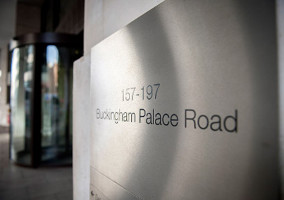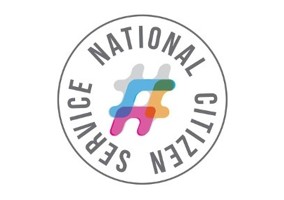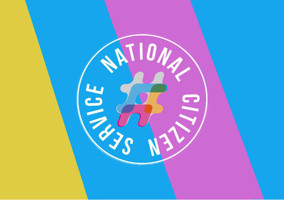Parliament is calling for written evidence from people with experience or an interest in National Citizen Service as the bill to put the scheme on a statutory footing enters the committee stage.
The bill had its second reading in the House of Commons yesterday, where Conservative and Labour MPs said they supported the overall aims of the bill, though Labour urged the government to do more to increase participation in the scheme.
The bill, in combination with a royal charter, aims to incorporate the NCS Trust as a charter body to ensure it has the right level of public funds and is accountable.
Submissions should be emailed to [email protected]. The deadline is 26 January and the committee stage is expected to start next Tuesday.
Widespread political support
Speaking at the second reading yesterday, Rob Wilson, minister for civil society, said: “This is a small bill, but it is very important. It sets the framework for the delivery of a programme that will influence hundreds of thousands of young people—indeed millions in due course.
“Alongside the royal charter, it will ensure that there is a body that the public can trust that provides value for money and a quality programme. Public confidence is key to the success of the NCS.”
Steve Reed, Labour’s shadow minister for civil society, said: “I suspect that the House will not be subjected to too much of a bunfight this afternoon. Labour is delighted to support the bill, and its passage through the Lords smoothed over some of the more contentious issues, so it is extremely welcome that the NCS therefore has strong support on both sides of the House.”
But said he hoped that participation rates needed to be improved.
“Applications in general are below the target set by the government—they were 13 per cent behind in 2016. That must be addressed, and although the delivery organisations are aware of that, we look to the government to provide the support that they need to reach more young people.
“In particular, we encourage the minister to look again at introducing a specific duty on the NCS to promote the programme to young people from socially excluded backgrounds and explore new ways to reach them.”
Anna Turley, former shadow minister for civil society and MP for Redcar, warned that making the new body accountable should be a priority.
Response to NAO
Last week the National Audit Office published its review of the schemes value for money, raising a number of concerns about the costs and missed participation targets.
Karen Bradley, Secretary of State for Culture, Media and Sport, said: “I welcome the NAO report because it is important, with any programme of this type, that we understand value for money and what is being achieved. I am sure that my honorable friend will recognise that this was a very ambitious target. We have had great success in getting towards that target, but there is still more to do.”
She added that: “It is vital that any expenditure of public money is transparent, accountable and proper, so the bulk of the bill is a series of measures on that front. The NCS Trust must prepare annual accounts, which the National Audit Office will audit before they are laid before Parliament.
“At the start of every year, the trust must publish an annual business plan setting out its strategic priorities and annual objectives. At the end of each year, the trust will produce an annual report, which will be laid before Parliament, outlining how the trust has fulfilled its priorities and main functions.”
Don't miss |
||
|
Related articles













